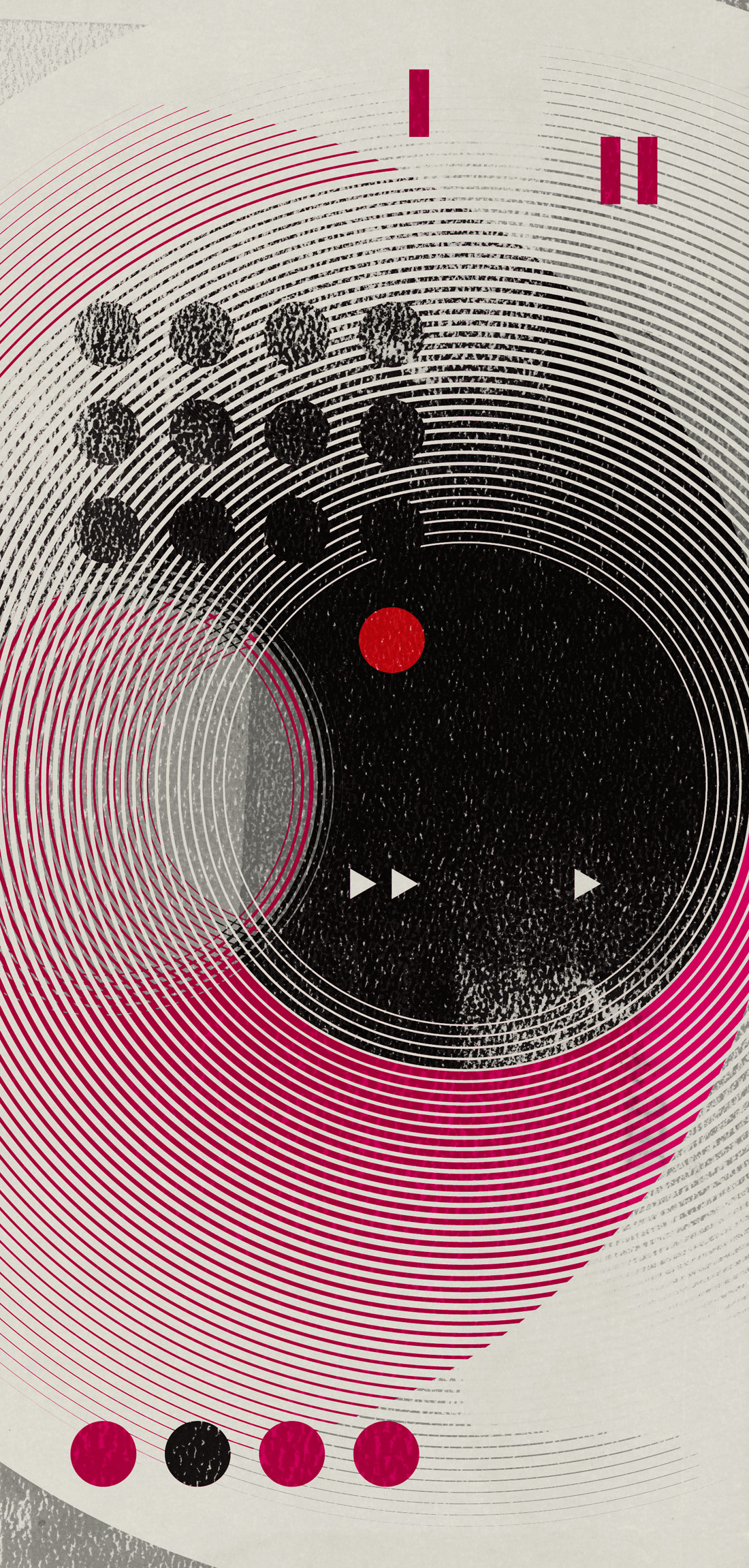For years I've thought about possibly interviewing a number of people who quit recording music for a living; people who had worked full time in studios and eventually decided that moving on to another career might be the best idea. Many times the people I've known in these scenarios still loved music — the reason they began recording in the first place — but were unhappy with the way work was going, whether it was the success or reception of the artists they worked with, the quality of the music they were recording, or simply not really digging the style of much of the music that came through the door. But recently I was emailing with an old friend and peer about his experiences:
"It was a really crushing realization to look back after eight years of being booked solid three to four months in advance, that most of the records I loved the most were completely dead. Bands had broken up; people stopped making music. And worse in some ways, they were all fine with it but I felt really sad. Those projects, that no matter how great you thought they were and how much promise the artists had (in part because of your work), when they grind to a halt, that's it. They aren't coming back, and apart from the lessons learned, the character building and friendship building, it kind of doesn't matter whether they ever happened or not. That's tough to swallow. For me that's almost my whole discography! I love what I do and am glad that I do it. That will never go away."
What are the rewards of recording music day in, day out? The music industry has always been frustrating. More music is produced each year than there is room to write about in magazines, play on the radio, use in films or (certainly) sell in stores and online. Look at these statistics from last year:
NARM (National Association of Recording Merchandisers) reported that 98,000 albums were released in 2009 in the US. Only 2.1 percent of these albums sold over 5,000 copies — but all the records that sold over 5,000 account for 91% of the total sales of music. 373.9 million albums were sold in 2009.
That looks pretty frustrating, and it's easy to blame the industry. But I also see a lot of artists that make a fair go of it on the far outskirts of the business, at least as far as comparing their sales to Taylor Swift or her ilk. In most cases the artists I know who sell over 5,000 copies of an album (or at least most of the 1000 in their pressing) are doing a hell of a lot of touring, making friends and connections and running concerted web and press campaigns to keep their faces visible. Another colleague and I just were conversing over drinks about how frustrating it was to work on projects, believe in them and try to do your best, only to find the artists decided not to tour, or that they never even did have any album release plans in the first place.
Maybe in the end recording music is really just a service industry. But just like when I slaved away in restaurants and pubs, I need to see a way to keep it interesting to me or I have to move on. In my case, being a magazine editor eventually provided a dual income with studio work/ownership and it allowed me to begin to pick and choose before entering the studio — possibly a life-saving opportunity.
But still, one part of my own recording career that buoys me up is all the artists with whom I've worked that have kept going at their careers (or carved out a solid spot with unique work), and gained a long-term audience and respect in the music world. The other part that keeps me excited is all those moments where something magical has happened while recording — an amazingly emotional vocal take; a live, off-the-floor, full-ensemble pass where everything comes together perfectly; a crazy guitar sound that somehow fits the song; getting to watch some of my favorite musicians really play with their hearts and ears wide open. It does happen. I'm glad I was there and I will continue to be there.

